People's Movement
Drone Wars Over Caste: Dalits’ Battle to Reclaim Stolen Land
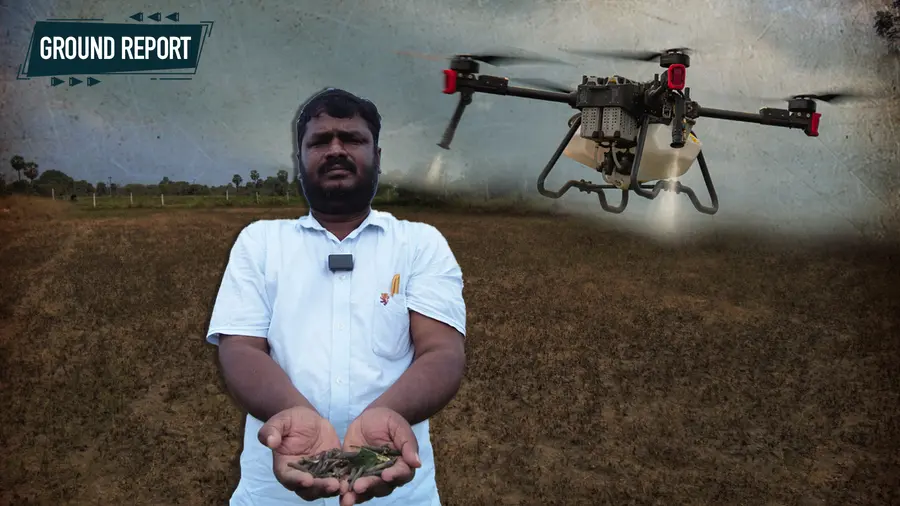

Web desk
Published on Mar 21, 2025, 03:54 PM | 4 min read
The farmers' 5.5-acre plot, just days away from harvest, was targeted on February 11. "Caste poison" was sprayed on their crops using drones, allegedly on the orders of "upper-caste" individuals who sought to destroy. The green beans and sesame, cultivated through months of hard work, turned black within minutes. Thilakaraj, one of the farmers present during the attack, attempted to flee but was caught by members of the "upper-caste" group and dragged aside. "I had spent nearly a lakh rupees, and months of hard work were drowned in poison. All I could do was watch as they destroyed everything," Thilakaraj said with a heavy heart. By the time other farmers and villagers arrived, it was too late—the crops were completely ruined.
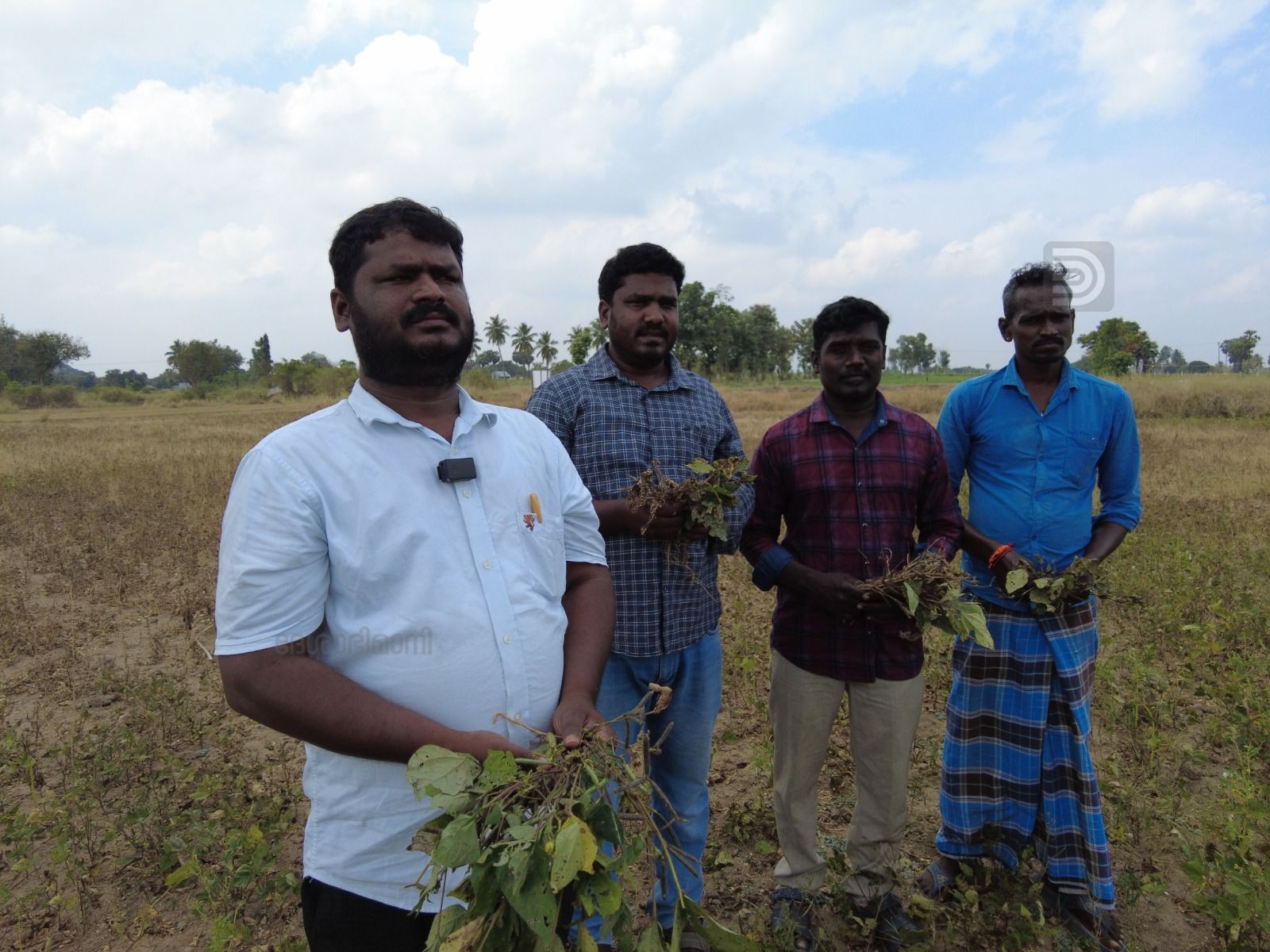
(Farmers with damaged crops)
In Arungunam village, located on the border of Villupuram district in Vandavasi taluk, agriculture is the primary livelihood for most residents. The region is rich in ponds that provide year-round irrigation. However, Dalits claim that much of the agricultural land has been seized through fraudulent means by "upper-castes." One such case involves seven acres of land originally belonging to M. Sukumar's grandfather, which was wrongfully taken by "upper-castes" using forged documents. The Communist Party of India (Marxist), or CPI(M), led the legal battle to reclaim the land. With the help of Right to Information (RTI) documents, they proved that Sukumar's grandfather was the rightful owner.
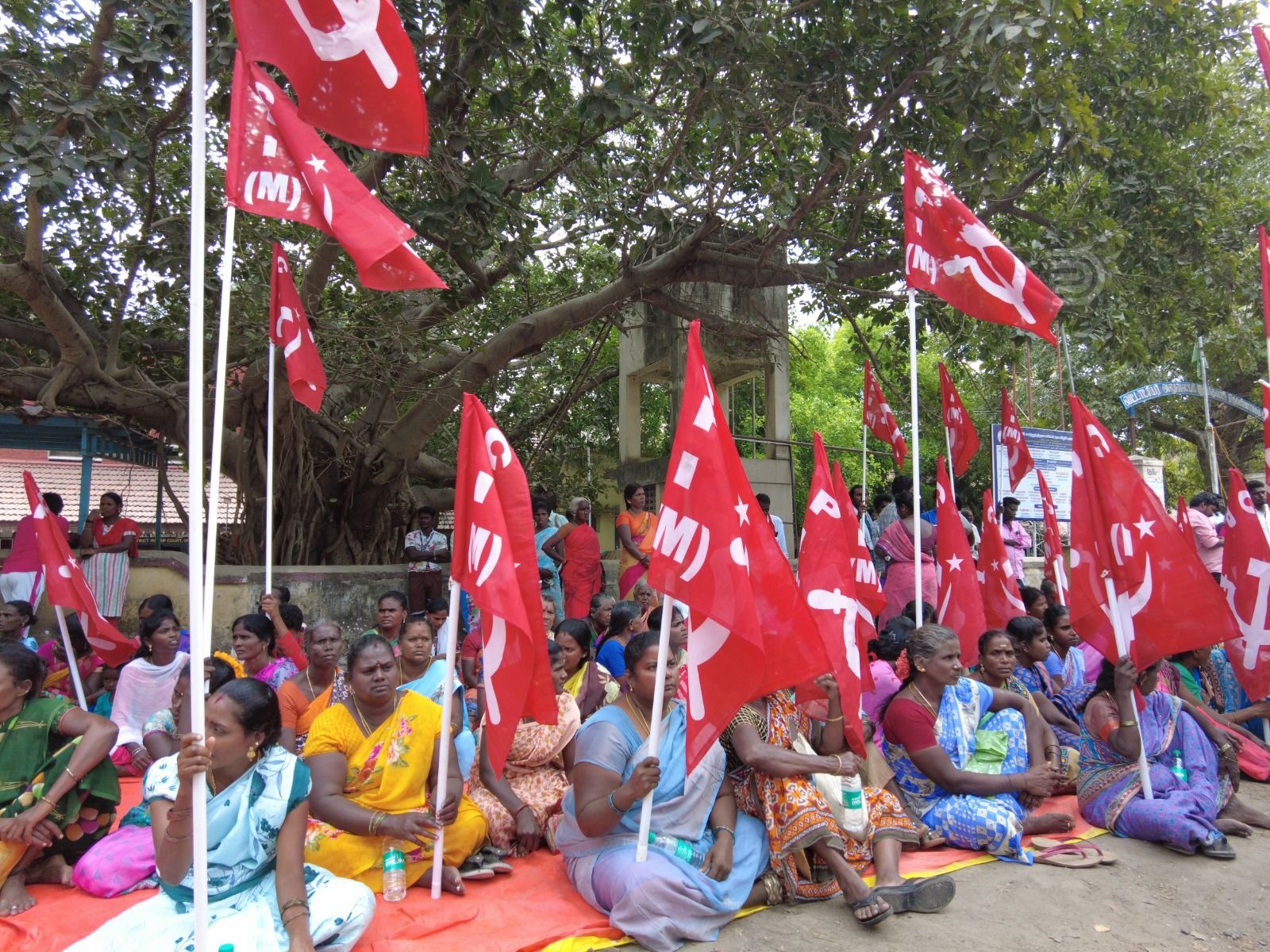
(The CPIM organised protest)
After months of struggle and several protests at the taluk headquarters and village offices, the legal fight succeeded. On September 30, 2024, 7.5 acres of land were returned to the farmers, and crops like green beans and sesame were sown. However, the "upper-castes" refused to relinquish control. By bribing revenue and police officials, they manipulated land records and continued to harass the farmers. "They invited officials to their homes for meals and drinks, ensuring their support," Sukumar explained. "The officials sided with the 'upper-castes' and threatened us."
When Sukumar went to collect water for irrigation, he faced caste-based insults. "It was only after days of continuous provocation that they came with drones," Sukumar recalled. With the crops ready for harvest, they launched another attack, destroying everything with poison.
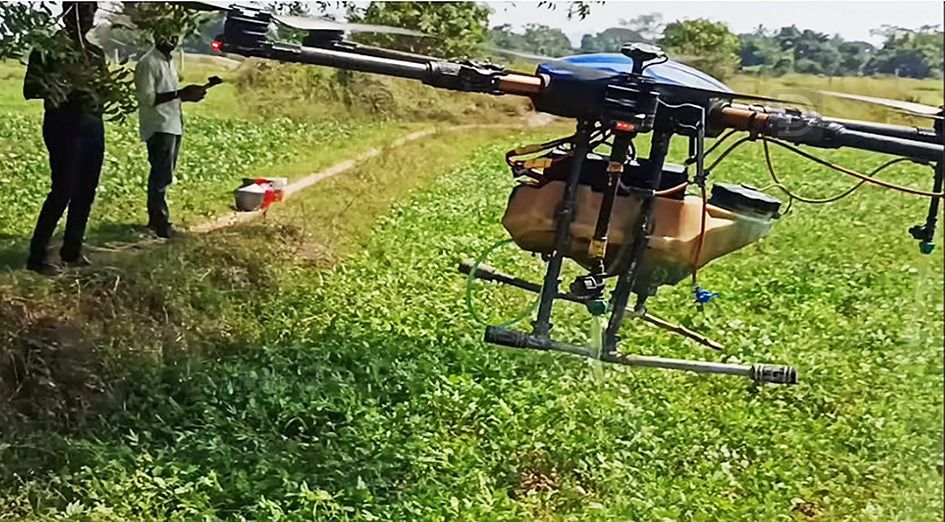
(The drone which was used to destory the cultivation)
After the destruction, the farmers sought support from the CPI(M). They shared their ordeal, explaining how the police were reluctant to file a case. The party quickly organized a large protest on February 28, 2025, at the taluk headquarters, demanding action against corrupt revenue officials and those responsible for destroying the crops. Hundreds of farmers and villagers participated, voicing their anger and frustration. Around 3 PM that day, the Vandavasi Tahsildar called the party leaders for a discussion. However, the authorities seemed more focused on protecting the interests of the "upper-castes" than addressing the grievances of the Dalit farmers. "Even after all this, the authorities are not ready to do anything for us. They have shown nothing but indifference," Sukumar lamented.
History of Panchami Land
The history of these lands dates back to British India in 1892, when 1.2 million acres were allocated to Dalits under the Depressed Classes Land Act. This land, known as Panchami Land, was intended to uplift the social and economic status of Dalits by ensuring they had land of their own. A key condition was that no one from other communities could purchase or hold this land. However, over the years, the original purpose of this land has been undermined.
Through the collusion of revenue officials and the support of "upper-caste" groups, Panchami land began to be seized. Today, less than one percent of the original 1.2 million acres remains in the possession of Dalits. Among the districts with the largest holdings of Panchami land are Thiruvallur, with over one lakh acres, and Thiruvannamalai, with around 70,000 acres.
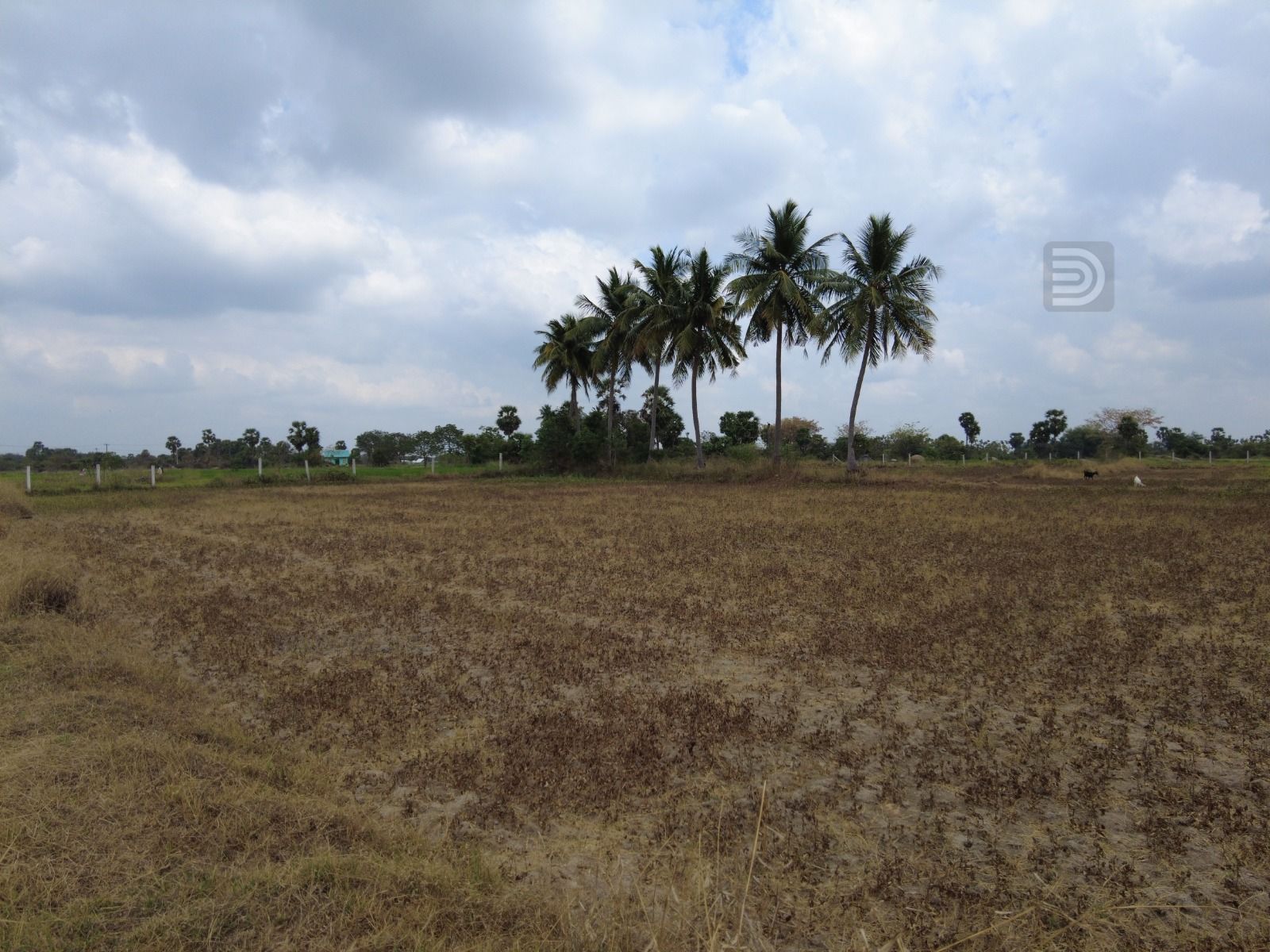
(Panchami Land)
In places like Arungunam village, where approximately 100 acres of Panchami land exist, Dalit farmers continue to struggle for its reclamation. Only seven acres have been reclaimed so far. The farmers are forced to fight not only for land but also for their right to dignity in a deeply divided society. The reclamation of this land remains a point of resistance and pride, with ongoing efforts to restore it to its rightful owners.
(Deshabhimani reporter Vaishnav Babu has spent time on the ground in Tamil Nadu, capturing the struggles and the resilience of those fighting against caste oppression. His insightful four-part series originally published in Deshabhimani Malayalam Daily brings to light the harsh realities faced by many in this ongoing battle. Now, Deshabhimani English, we present Vaishnav's impactful reporting to a wider audience, with translation and edits by Anusha Paul)



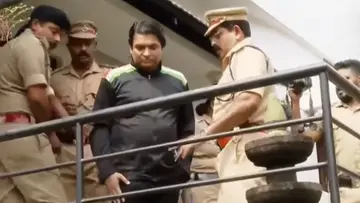
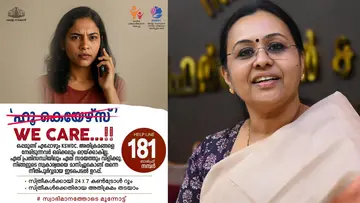

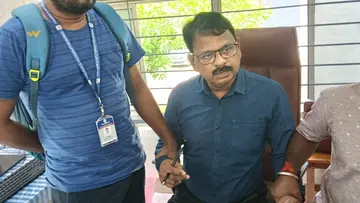
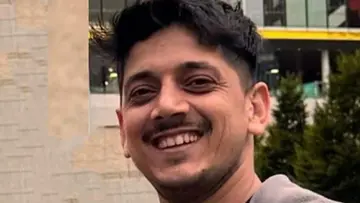

0 comments